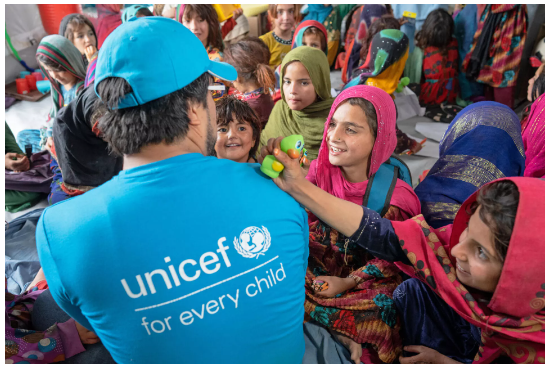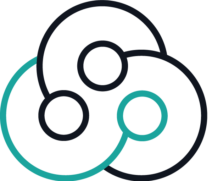The WHO utilizes big data and analytics to monitor and predict disease outbreaks globally. By analyzing various data sources, including social media posts, search engine queries, and healthcare reports, they can identify outbreaks of diseases like Ebola or Zika early on


After natural disasters, Data Kind gives communities the capacity to respond effectively. During Hurricane Harvey in Texas, volunteers analyzed data to help NGOs understand the impact of flooding on different neighborhoods, allowing for strategic resource allocation and aid distribution.
UNICEF uses data analytics to enhance child welfare programs globally. In Nigeria, they analyzed community health data to boost immunization rates, significantly increasing vaccination coverage and aiding in the fight against diseases such as polio.


WRI uses data analytics and satellite imagery through its Global Forest Watch platform to monitor deforestation in real-time, enabling effective action against illegal logging. This approach drives better policies and practices for conserving critical ecosystems.
